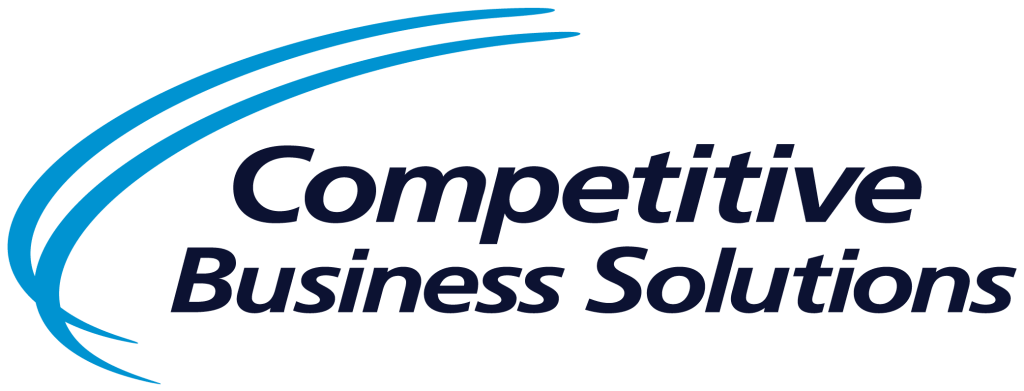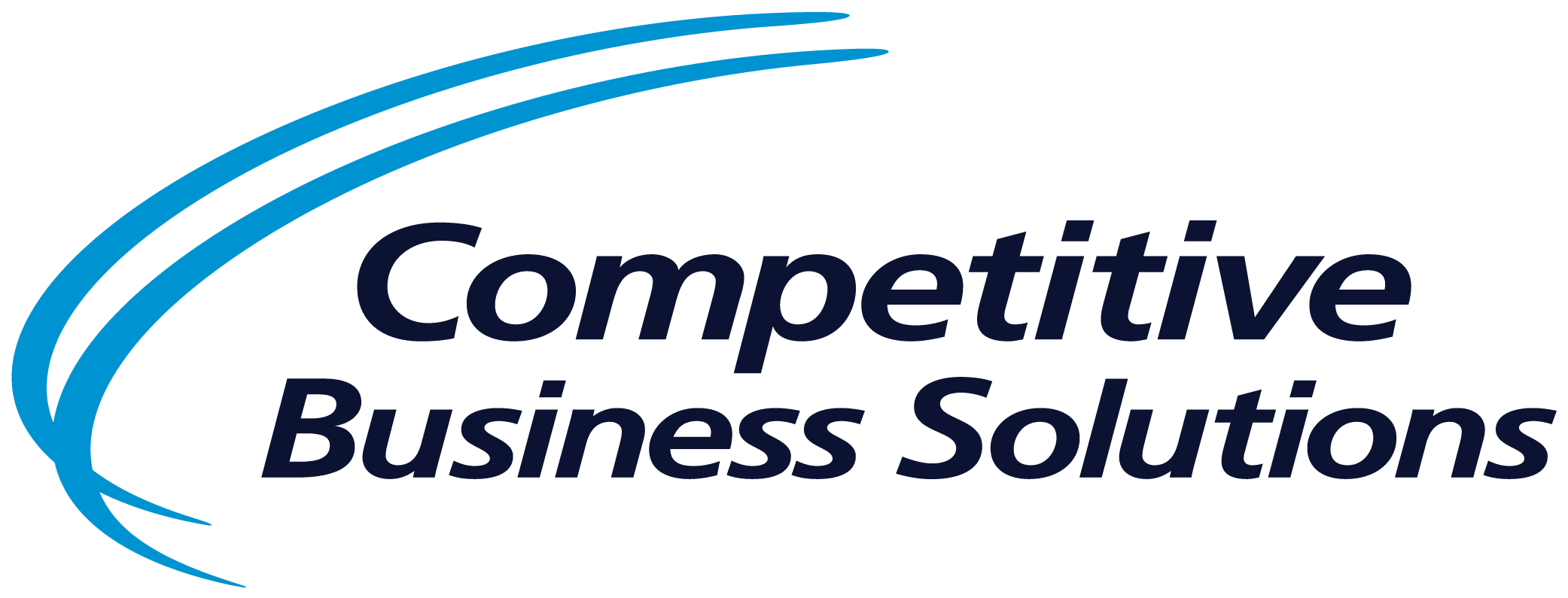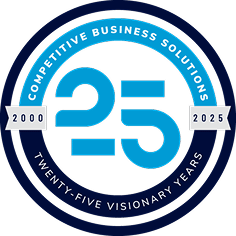
Maximizing Your Expertise with the Right Support
As a business consultant, I’ve had the privilege of collaborating with many smart, driven leaders and teams. One thing that always stands out is that the decision makers I have worked with know their business inside and out, and they understand their challenges better than anyone else.
Why Bring in a Consultant?
If you know your business better than anyone, why bring in outside help? The answer often lies in perspective. When you’re deeply involved in day-to-day operations, it can be tough to step back and see the bigger picture. Good consultants are not here to tell you things you already know, but to help you view those things through a fresh lens, identify blind spots, and find new solutions to existing challenges.
Consultants are most valuable as facilitators of clarity and strategy. By stepping back with you to assess the landscape, we help you see not just the trees, but the entire forest, unlocking the path forward that may have been obscured by daily demands.
Leveraging Your Strengths
Your understanding of your business and your industry is unparalleled. That’s an asset that no outside advisor could replicate. The value a consultant brings lies in structuring that expertise into action. It’s about harnessing your team’s knowledge and insight, then applying tools, systems, and frameworks that help you run even more efficiently and effectively. It’s about providing the additional resources necessary to energize your team and equip them to get things done quickly.
I often tell teams: “If you’re waiting for me to learn everything about your business before solving a problem, it’ll take too long.” Time is crucial. What consultants offer is not superior knowledge but the ability to fast-track problem-solving and empower you to implement change with purpose and speed.
A Collaborative Approach to Improvement
The best engagements are those where consultants act as partners, offering insights that empower your team to find their own solutions. My role isn’t to deliver all the answers but to equip your organization with the right resources to foster continuous improvement.
A key area where outside perspective can be transformative is in helping leaders reallocate their time from tactical firefighting to strategic planning. Many smart, capable teams get stuck in reactive patterns, putting out fires, and addressing short-term needs, while losing sight of long-term goals.
Creating Space for Strategic Focus
Concepts like “working on the business, not just in the business” are vital. When teams step back and focus on what drives success or where inefficiencies are slowing them down, that’s when real progress happens. Techniques like time blocking, prioritizing tasks, or streamlining workflows with Lean principles can yield huge benefits when consistently applied.
It’s not about big, complex changes—sometimes simple adjustments to daily routines and focus can make a profound difference. David Allen’s “Getting Things Done” methodology, for example, helps capture day-to-day tasks into a system, freeing mental space to think strategically.
The Role of a Consultant
Ultimately, you are the expert in your business, and your team holds the key to your company’s future. Consultants like myself are here to help facilitate the journey—whether that’s providing proven processes and systems, offering fresh perspectives, or enabling productive conversations that lead to real progress. We work best as partners, ensuring the systems, methodologies, and strategies we offer align with your vision.
The hard work of growth and transformation always starts with you and your team. With the right support and the right approach, those efforts can lead to remarkable outcomes.
Need help quickly unlocking that potential? Reach out to see how we can partner with you to achieve your goals.
Latest Insights
Sign up to receive our latest insights!
"*" indicates required fields




